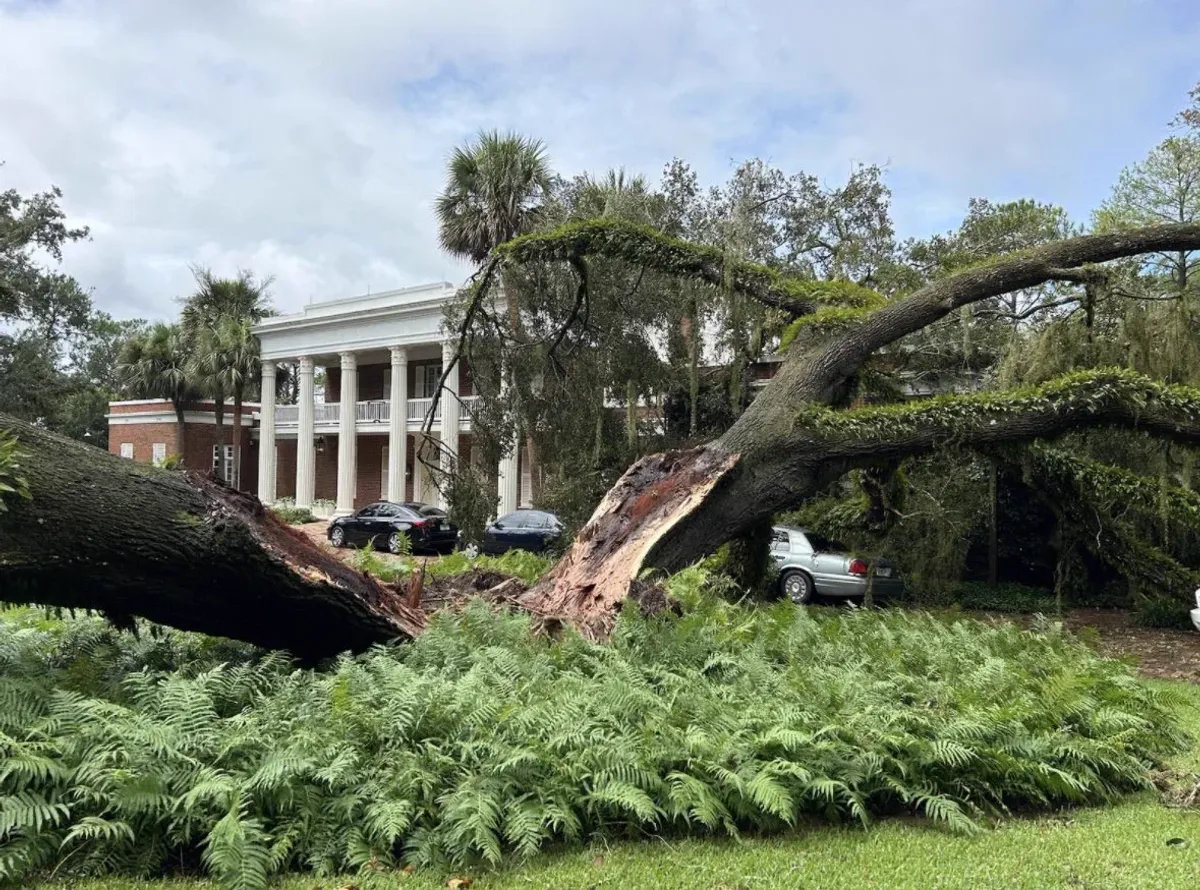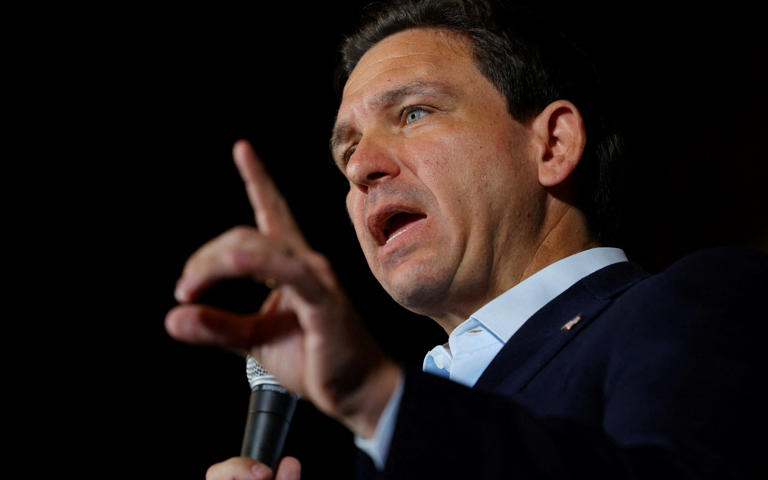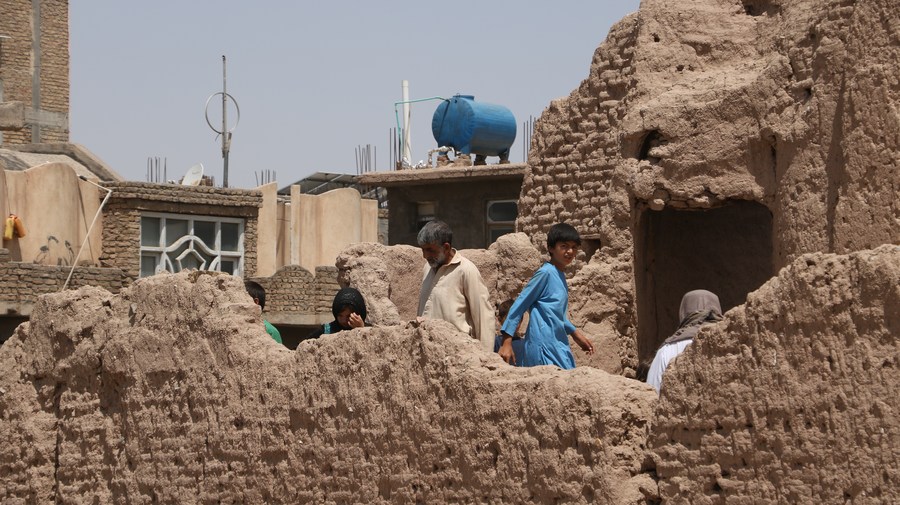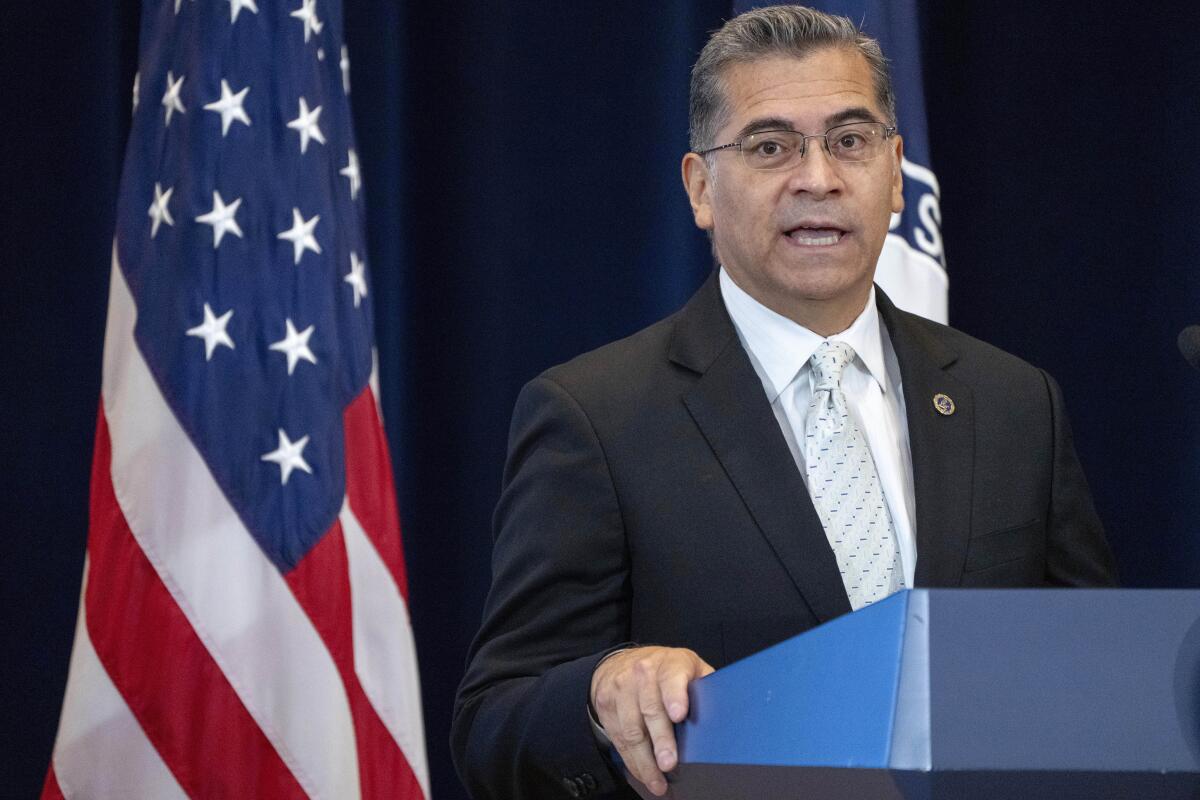Story by Michael Luciano •
Republican presidential candidate Vivek Ramaswamy said if he is elected, he would propose a plan to let Russia keep all territory the country has taken since it invaded Ukraine unprovoked in February 2022.
U.S. aid to Ukraine has divided the Republican field as the candidates have staked out various positions on the issue. Appearing on Wednesday’s Jesse Watters Primetime on Fox News, Ramaswamy said his proposal would force Russia to disengage from its military alliance with China. He also claimed that last year’s Nord Stream pipeline sabotage was the handiwork of the U.S.
“I would freeze the current lines of control,” Ramaswamy explained. “I would further make a hard commitment that NATO will not admit Ukraine to NATO. That’s enough to get Putin to do the deal. But I will require something even greater in return, Jesse. Russia has to exit its military alliance with China. Right now, we’re pushing Russia further into China’s hands. The Russia-China military alliance is the single greatest threat that the United States faces today.”
He added that he would require Russia’s military to stay out of the Western Hemisphere
Jesse Watters appeared mildly skeptical.
“So, President Ramaswamy flies to Moscow,” Watters said. “He sits down across the table from Vlad and he says, ‘You’re gonna give up your alliance with China,’ and Vlad’s gonna say, ‘Ok.'”
Related video: Ramaswamy defends proposal for deal with Russia as rivals attack plan that would cede Ukrainian land (MSNBC) Duration 4:32 View on Watch
“He’s gonna say, ‘Ok’ because I’m going to say, ‘We’ll reopen our economic relations with Russia and further, we’ll end the Ukraine war and also make sure NATO never admits Ukraine,'” Ramaswamy replied
“Even though the economic relations with China is much more valuable to Russia?” Watters asked.
“The reason it is more valuable is because we have wrongfully cut off Russia from the West,” he responded. “So if we can reopen the Western economic relations with Russia, Russia has less of a reason to be in partnership with China.”
He added, “We’ve wrongfully cut off Russia from the West by bombing the Nord Stream 1 and 2 pipelines and also sanctioning Russia.”
Though investigations have not yielded a conclusive result, available intelligence suggests Ukrainian operatives were behind last year’s sabotage that hobbled the pipelines that carried Russian natural gas to Western Europe.
Watch above
.jpg)







:quality(70)/cloudfront-us-east-1.images.arcpublishing.com/tronc/Q6Y3LJLE2ZCI5M6JH6MQOWCVQU.JPG)





